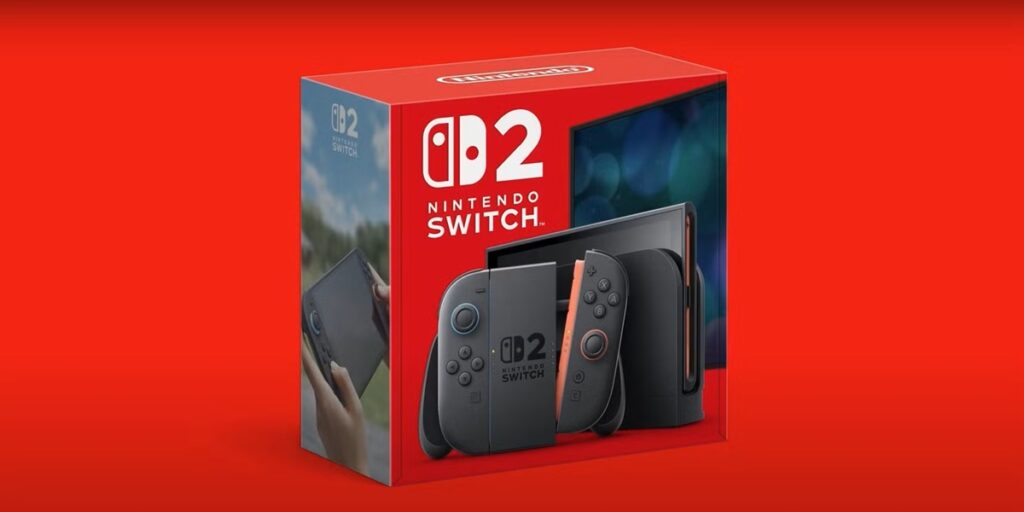TOKYO — Nintendo has announced a delay in the opening of pre-orders for the highly anticipated Nintendo Switch 2 in the United States, citing newly introduced tariffs on Japanese exports.
The decision came just hours after President Donald Trump unveiled sweeping global tariffs, including a 24% tariff on goods imported from Japan, where Nintendo is headquartered.
“Pre-orders for Nintendo Switch 2 in the US will not start April 9 in order to assess the potential impact of tariffs and evolving market conditions,” Nintendo said in a statement.
Despite the delay, Nintendo confirmed that the console’s launch date of June 5 remains unchanged.
Tariffs Spark Uncertainty Around Console Pricing
The 24% import tax levied on Japanese products could significantly impact Nintendo’s profit margins or lead to increased prices for US consumers. It remains unclear whether the originally announced pricing already accounted for any expected tariffs.
The Switch 2 is priced at $449.99, while its flagship title, Mario Kart World, will retail at $79.99 — unless bundled with the console for a discount.
Nintendo has not indicated whether it will revise these prices in light of the new tariff burden.
UK Pre-Orders Unaffected
Nintendo clarified that this announcement applies only to the United States, meaning UK pre-orders and other international launches remain on schedule.
Tariffs are taxes on imported goods, often used as a tool in international trade disputes. In this case, they are part of President Trump’s broader effort to stimulate domestic manufacturing and protect American jobs.

International Fallout
Japanese Prime Minister Shigeru Ishiba responded to the tariffs by calling them a “national crisis,” according to local media.
“The government will do its utmost to respond to this crisis, involving the entire country,” Ishiba stated.
Fans React with Concern
The sudden delay in US pre-orders has stirred concern among fans and analysts, with speculation that Nintendo may be forced to reconsider its pricing strategy or even adjust its US launch logistics.
While some consumers are hopeful that Nintendo will absorb the added costs, others worry the company may pass the expense onto buyers, further inflating the already premium console pricing.





